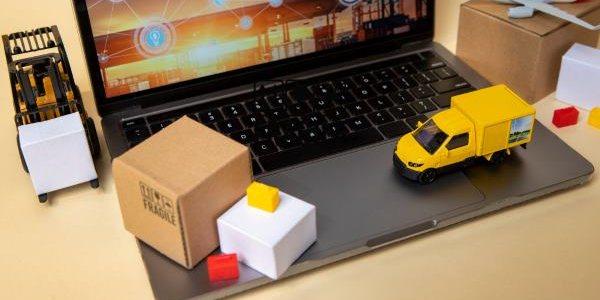Friday 29th of May 2015
Starting a business in South Africa is an amazing opportunity filled with potential. The country
...is a promising market across the world because of...

Starting a business in South Africa is an amazing opportunity filled with potential. The country is a promising market across the world because of its strategic location and growing population. Young entrepreneurs can benefit from its supportive business culture and are increasingly drawn to its dynamic commercial environment. However, no venture can begin without considering the cost of investment.
The initial cost of setting up a business may vary depending on the nature of the enterprise. Whether it is a tech startup, a retail shop, or a service provider, planning the budget is one of the most important first steps of starting a business. Every cost should be added to the total expense including registration fees, staffing and promotions. Having a clear understanding of these expenses is crucial to ensure effective financial management. Here is a list of start up costs that can help set the budget.
Location plays a major role in a business’s visibility. Thus, the commercial property must be chosen carefully. Renting a high exposure office or storage space is one of the biggest business expenses. A small space in a suburban area may cost R3000 to R8000 per month whereas this cost may go up to R15000 or more in city centers.
Home based business ideas for entrepreneurs save on rent but may still need basic setups. These include furniture and office equipment costing R5000 to R20000 along with internet and utilities in the range of R1000 to R3000 monthly.

It is sometimes essential to hire people from the start. Salaries depend on the position, location, or experience level. However, sometimes investors prefer to skip the setup process and buy a promising business for sale South Africa to begin with an established workforce. Those who must recruit should consider the expense of salaries for entry level staff members that can range between R4000-R8000 a month. Professionals with skills may ask for R10000 or more.
There are also costs associated with payroll or UI contributions or certain benefits for workers etc. Some small businesses that are start ups may rather hire part time staff or freelancers since they are not committed to the salary.
A business without promotion is hard to notice. It is essential to use effective strategies for marketing and branding and provide training & development to the employees. Even on a tight budget, some investment in marketing is essential, such as:
Business cards, signage, packaging, and promotional items also need budget planning. In early stages, word of mouth and online marketing provide cost effective exposure.
Companies that sell products must carry inventory. The cost of procuring and storing stock varies significantly by the type of business. It is advantageous to start with limited stock, and build as you grow. Bulk buying helps to save capital, but it comes with bigger upfront expenses.
Typically, retail businesses incur inventory costs anywhere from R20000 to R50000. However, service based businesses have lower upfront costs because they do not need stock.
Every business needs legal documents and registration to operate. In South Africa, the Companies and Intellectual Property Commission (CIPC) handles the registration process. The expenses include:
Apart from CIPC fees, some sectors need specific permits. For example, food businesses require health permits and liquor licenses. These can cost anywhere from R1000 to R15000, depending on the province.

Some businesses need vehicles for deliveries or operations. Others depend on courier services leading to the following expenses:
Transport expenses depend on the business model. For example, a home based digital business may skip this cost entirely.
Tech is essential for running operations smoothly. It includes everything from billing systems to cloud storage. These costs include:
Free software tools are available for small startups. But as the business grows, investing in licensed software becomes necessary.
Protecting the business from unexpected risks is smart planning. Insurance gives peace of mind and covers emergencies. The expenses include:
Regular audits, tax compliance, and accounting services also fall into this category. Professional fees can range from R500 to R3000 monthly, depending on the service provider.
Each industry has its unique cost of doing business in Africa. Understanding these specific needs is crucial before calculating the total investment. For example:

Instead of starting from scratch, many opt to buy a reliable South African business for sale. This can reduce setup time and bring in existing customers.
Buying or starting a business includes goodwill, assets, and brand value. However, it is essential to do proper checks before investing.
South Africa promotes entrepreneurship with a variety of support programs. These startup support programs intend to lower their entry costs and provide helpful advice. Many new startups find such programs supportive in their first months of operation, such as:
So, the average cost of starting a business in South Africa is:
These are rough estimates. Real costs depend on goals, planning, and location. Even when buying promising businesses for sale South Africa, the expenses depend on valuation and running costs.
Wrapping Up
Starting a business is about more than investing money. It is about planning and being prepared. There are many aspects to starting a business from registration to hiring to marketing, all of which come with costs. Starting up can seem expensive, but it can manage expenses when it runs smoothly. Whether it is a new idea or an existing business, knowing the factors that affect costs helps to form a solid structure around your business.

South Africa is touted as one of the most diverse and rapidly developing nations for entrepreneurs and high end investors. There are over 2 million...

Buying a business is one of the most important financial and professional decisions you will make. It is an opportunity to skip the challenging startup...